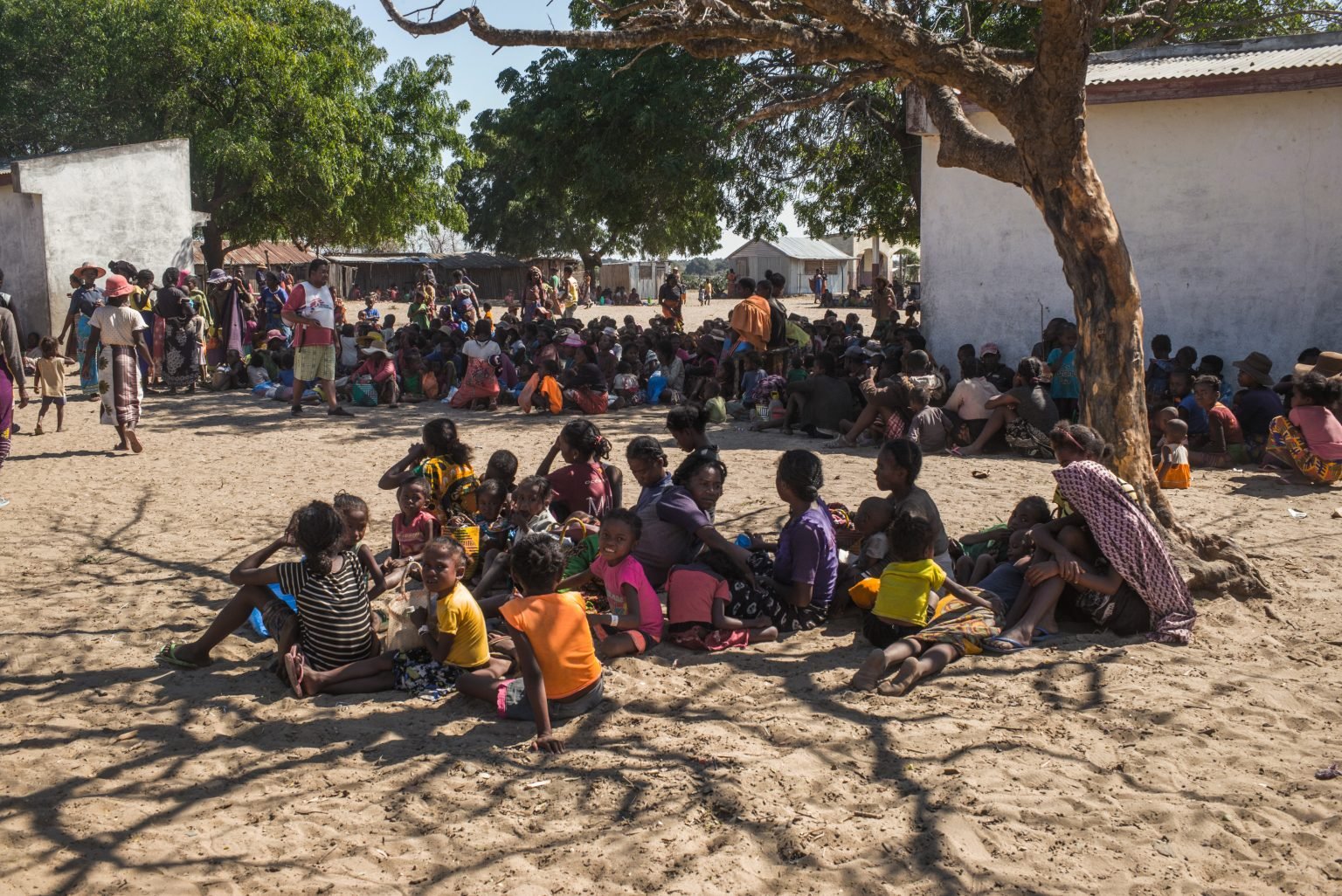Acute hunger reached a record high in 2024, affecting more than 295 million people worldwide, according to the Global Report on Food Crises released Friday. The UN-backed document paints a dire picture for 2025, as humanitarian aid dwindles amid global instability.
This marks the sixth consecutive year of rising acute food insecurity, with 295.3 million people suffering high levels of hunger—nearly a quarter of the population in the 53 most affected countries.
The report notes a steep increase from 281.6 million in 2023, with 1.9 million people at risk of famine, more than double the previous year.
“From Gaza and Sudan, to Yemen and Mali, catastrophic hunger driven by conflict and other factors is hitting record highs, pushing households to the edge of starvation,” said UN Secretary-General António Guterres.
Main Drivers of Hunger
Conflict and violence were the top causes in 20 countries, affecting 140 million people.
Extreme weather events like floods and droughts caused crises in 18 countries.
Economic shocks, including inflation and currency devaluation, hit 15 countries, impacting 155 million people overall.
The report singled out worsening conditions in Gaza, Sudan, and Myanmar, which outweighed improvements in Afghanistan and Kenya.
A food security monitor separately warned of an imminent famine in Gaza, where more than two months of aid blockade by Israel has severely restricted food access.
Outlook for 2025: ‘A Failure of Humanity’
The humanitarian outlook for 2025 is “bleak,” the report warns, as funding drops by up to 45% in critical food aid sectors. Operations have already been disrupted in Afghanistan, DR Congo, Ethiopia, Haiti, South Sudan, Sudan, and Yemen.
“This is more than a failure of systems — it is a failure of humanity,” Guterres said.
“Hunger in the 21st century is indefensible. We cannot respond to empty stomachs with empty hands and turned backs.”
The economic fallout from global uncertainty, including US tariffs and a weaker dollar, is also expected to drive more hunger in 2025.
While U.S. foreign aid cuts under the Trump administration have contributed significantly, other major donor nations have also reduced their commitments.
As food waste continues to account for one-third of global food production, the contrast between excess and deprivation underscores the urgent need for structural reform and renewed global solidarity.



